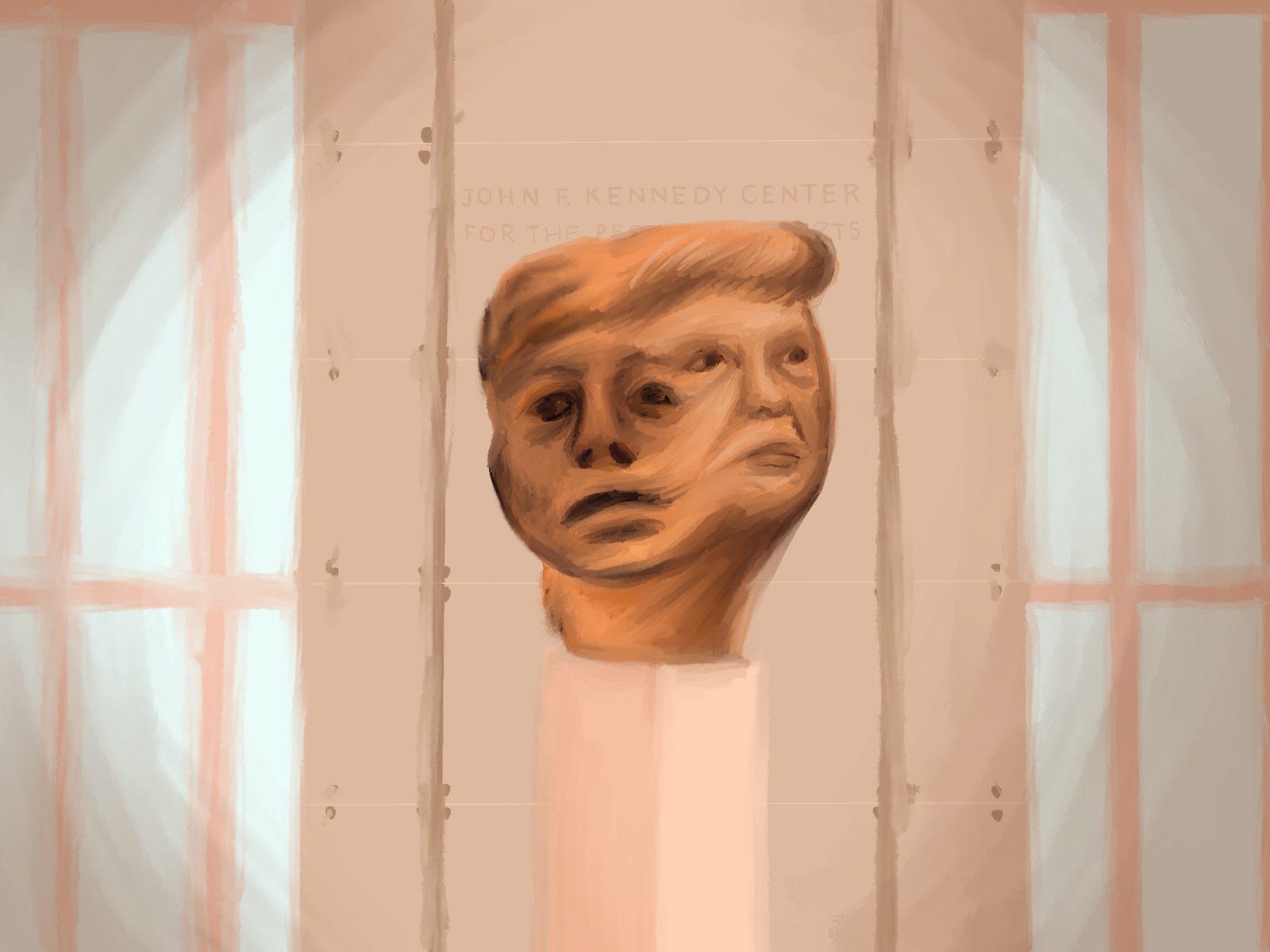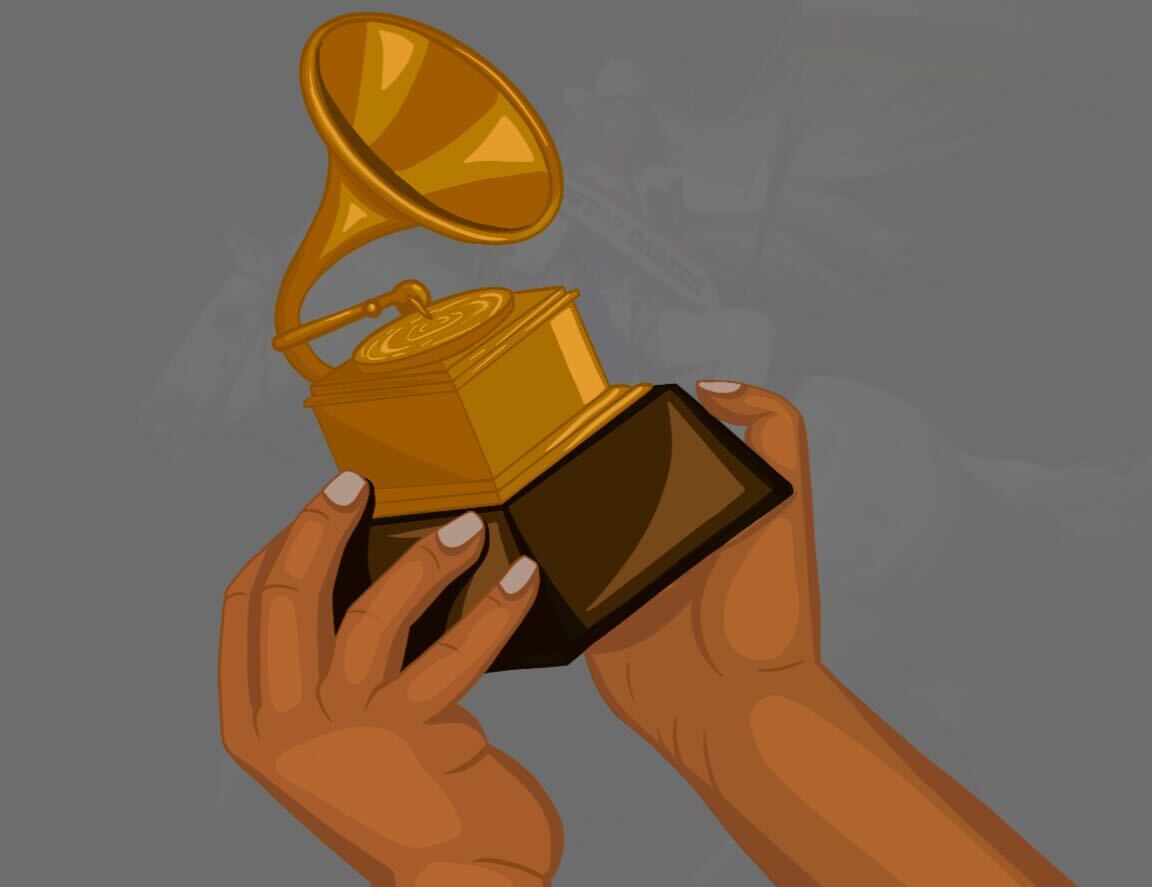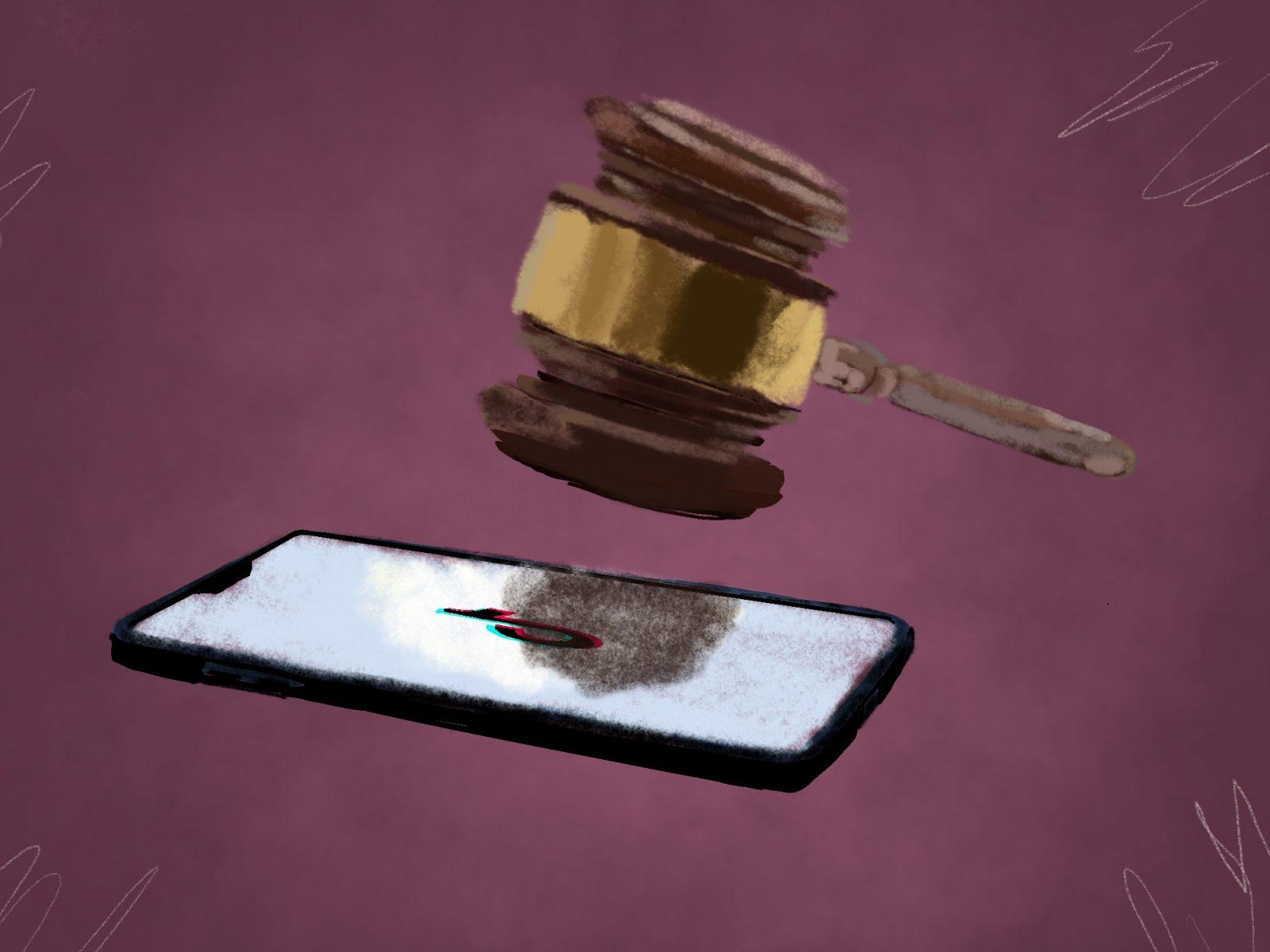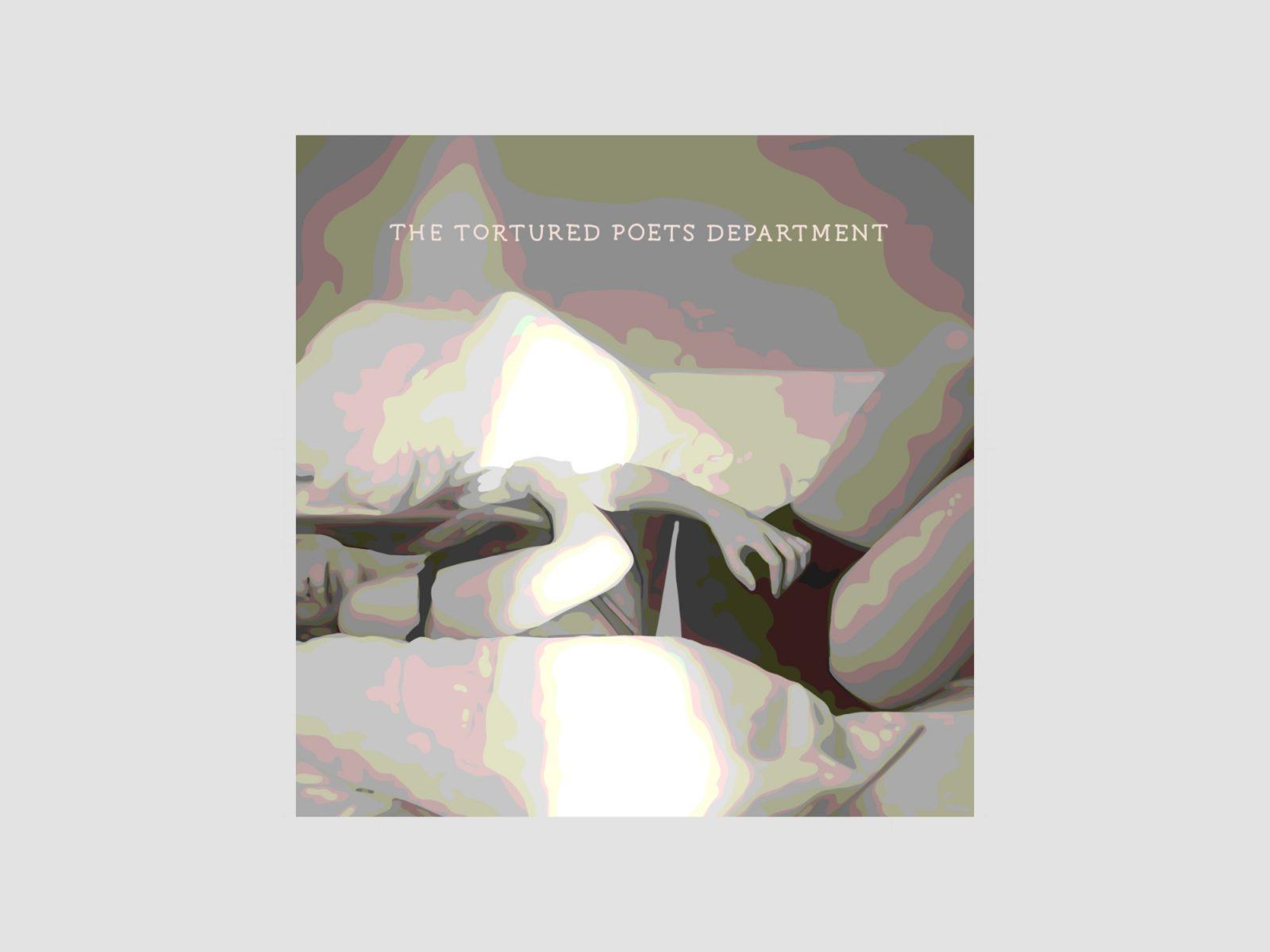In the life cycle of the average superstar, there are four main stages.
Stage one consists of a youthful breakout, a major motion picture or hit single that stuns with its vigor and veteran-esque confidence.

Stage two is the joy-ride off of the coattails of this success — the years of red carpets and award shows, chummy late-night appearances and PR-relationships.
Stage three is where things get rocky: the scandals begin to break through the surface, seeping through the cracks of their all-star facade like mud and mold — a disappearance from the public eye follows, a calculated hiatus from the high-life.
And then, of course, there’s stage four — the comeback, often taking shape in one of the most convoluted forms of literature to be born out of popular culture: the celebrity memoir.
While the existence of the celebrity memoir itself is a fascinating subject, such stories become entirely more interesting when they are not the product of this cycle. When celebrity memoirs are not published solely to revive the career of a faded rockstar, they do something even more audacious. They tell the truth.
This is the unique case of “Spare,” Prince Harry’s new memoir, which sporadically hit bookstores — minus a few leaked-and-translated passages — globally on Jan. 10.
Ghostwritten by J. R. Moehringer, a Pulitzer-prize winning reporter renowned for his detailed and daring prose, “Spare” is described by Prince Harry as a “firsthand account of [his] life that’s accurate and wholly truthful,” as well as an attempt to “own [his] story”.
Unsurprisingly, the novel incited reactions ranging across the scale of criticism — everything from grudging respect for his sheer audacity to abject horror over the intimacy of his stories.
Surprisingly, however, even the most frequently polarized critics found themselves allied in one similar complaint: Prince Harry delved far too deep into his own past, inviting the public into his memories to a startling, almost bitter degree.
Brotherly fist fights, frostbitten extremities and conversations about pregnancy hormones and bloody battles in Afghanistan filled the novel’s pages.
In other words, the prince had been too truthful.
Truth, in the context of the media, has become a jarring term. No one quite knows what it means anymore — no one quite knows what it stands for.
Opinion has infringed upon its very existence in journalism and literature. There is either too little of it or too much of it or, quite possibly, none left at all.
People avoid the mere mention of honesty, like the formulation of its consonants and vowels is, within itself, a form of predisposed deceit.
But despite all of this uncertainty, we constantly return to the truth. It is the reason why we feel compelled to write, why we bother with the grueling task of narrative in the first place.
Particularly in the case of memoir, it’s the driving force behind each good story — great memoirs exist because the individual who writes them has dared to face the reality of their past in an attempt to make sense of their present.
This is why the reaction to Spare has concerned me so deeply — its criticism seems more focused on the prince’s unflinching honesty rather than its actual merit as a good book.
When this phenomenon occurs — one in which intimate vulnerability becomes associated with being crass and vengeful — we run the risk of a dangerous outcome: where memoir gains a reputation of being a genre of sellout stories rather than an outlet for intense self-exploration.
Of course, “Spare” is still a celebrity memoir, and ignoring the implications of Prince Harry’s status on his book is as gullible as imagining that King Charles really does like Meghan Markle. But reputation aside, the way in which we react to his honesty says more about ourselves than it does about the prince.
Our reaction reveals an inability to not only sympathize with others, but to amend the image we hold collectively of public figures. Black-and-white criticism of such a memoir is far too easy. It ignores a major responsibility of the public — to not only view the prince critically, but to do something eternally harder: attempt to understand him.
There will be a time that comes in each of our lives when such self-exploration, as shown in “Spare,” feels necessary. Our pasts will be itching to be read and acknowledged, the hopeless desire to be understood becoming an unbearable, sickening thrum.
In that moment, each of us will pray that our honesty is accepted — that our efforts to tell the truth are recognized not as shabby bids at revenge, but attempts to claim our lives as our own.
I encourage you to offer such acceptance to others, even those whose lives are so grandiose they are nearly impossible to fathom. As a society, we should recognize vulnerability for what it is: an act of courage.






























































































































Anita LaBelle • Feb 2, 2023 at 9:04 pm
Your articulation and insightful commentary shines through this article. A great writer – one to watch (or read, I suppose)!